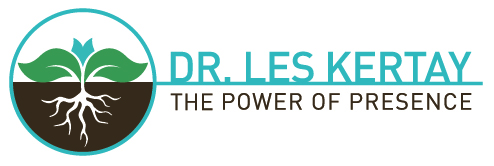 Here’s an easy question, a universal question: Would you like to be happy?
Here’s an easy question, a universal question: Would you like to be happy?
Well, duh.
Try an experiment with me. Really. Like most things in life, this will be more useful if you actually do it as opposed to just thinking about it. Take a piece of paper, turn it sideways, and make three columns. I’ll wait while you go get the necessary supplies.
First, in the left most column of your paper, write down the first three things that come to mind when you ask yourself, “what makes me happy?” Don’t go on until you have three; but don’t overthink it either. Just write down the first three things that occur to you.
Second, in the middle column, for each item you wrote down, write whether that source of happiness is something you do, something you have, or someone you know.
Finally, in the last column, next to each response, estimate the percentage of your week you spend time doing, having, or being with that person. Just ballpark it.
What do you notice about your answers? Anything surprise you?
If I were a betting man, I’d bet that the causes that you wrote down are mostly people you love, or things you enjoy doing. If it’s something you have, I’d bet that it’s something that means something to you, or else right now you’re wondering why you added it to the list.
Finally, if I were a betting man, you don’t spend all that much time doing the things you like, or being with the people you love. At least, not as much as you think you should. Or want to.
How’d I do?
Those bets are not really rocket science. It turns out that the single biggest driver of happiness is relationships, and specifically relationships that we experience as predominantly positive. It also turns out that “predominantly positive” has a definition. Relationships in which we experience at least a 3:1 or higher ratio of positive to negative “moments” are more likely to be rated as positive; anything less than 3:1, we don’t. [for those of you who know the literature, you know it’s more complicated, and the ratio is sometimes quoted as 5:1, and it depends whether we define happiness in the moment or globally. Just hush. I’m trying not to be too much of a nerd here.]
One more thing that turns out to be true: people we tend to treat positively, in about that 3:1 ratio or higher, tend to reciprocate. Positive breeds positive. Like grandma told you.
It also turns out that doing things we enjoy tend to make us happier than doing things that we dislike. I know, shocker, right? But another thing is that doing things that feel meaningful is an even better predictor of happiness, even if we don’t particularly like doing it.
Which explains a few things about Wednesday’s post, which you can find here. Because, geckos. But I digress.
So, if you want to be happier, ask yourself a few questions:
- How much of your time are you spending with the people with whom you have a positive relationship? People you love, people you enjoy spending time with, people you feel good about and who make you feel good about yourself.
- What’s the ratio of positive to negative messages that you give the people around you?
- How much of your time do you spend doing things that feel meaningful to you, compared to things that don’t?
Want to be happier? If any of the answers able were “not enough,” there’s your recipe.
Start now, not tomorrow. Here’s a video about why:
Dr. Les Kertay



